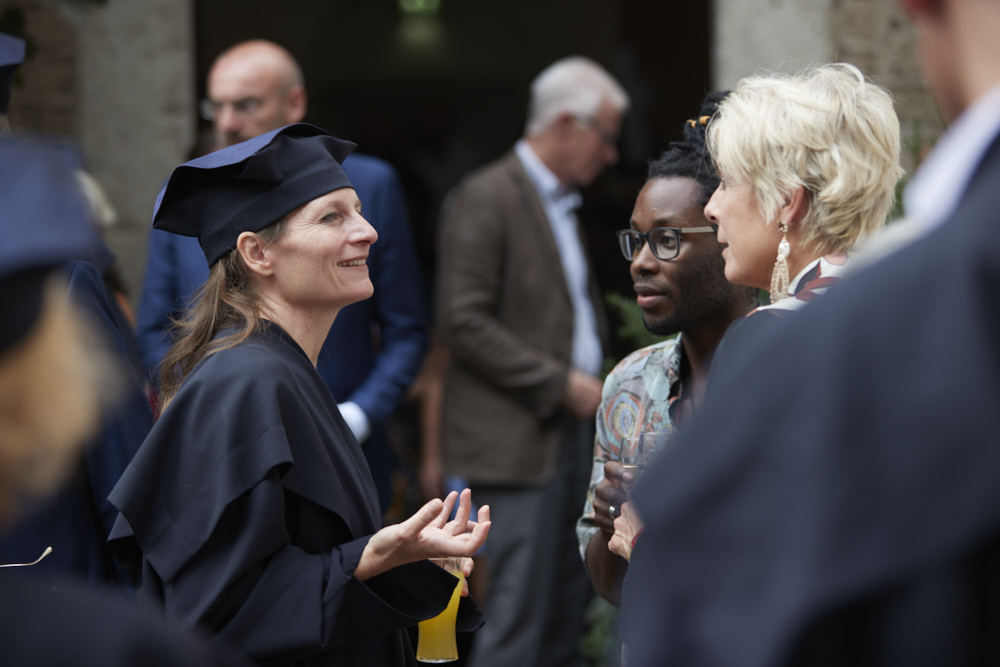Citizenship and Humanisation of the Public Sector
The department of Citizenship and Humanisation of the Public Sector aims to contribute to the humanisation of the public sector and thereby to full citizenship. Its research focuses on public organisations and institutions, such as welfare organisations, healthcare organisations, development organisations, local authorities and citizens’ organisations.
The focus is on interactions between citizens, between citizens and professionals in public organisations, and the influence of public organisations and social developments. The aim is to understand problems between citizens and professionals from different, sometimes conflicting perspectives. Although the research is mainly conducted in the Netherlands, the perspective is international comparative in nature as far as possible. In addition, the department also conducts international research, particularly in areas with which the Netherlands has historical ties. The research is conducted in four areas: care and welfare, work (unemployment) and democracy.
Chair
prof. dr. Thomas Kampen, Professor of Social Work
Professors
- prof. dr. Femmianne Bredewold, Associate professor and professor by special appointment of Living Together with Difference on behalf of the Ben Sajet Centre
- prof. dr. Margo Trappenburg, professor of Foundations of Social Work on behalf of the Marie Kamphuis Foundation
Assistant professors/researchers
- dr. Melissa Sebrechts, postdoc researcher
- dr. Simon van der Weele, assistant professor
PhD candidates
- Akofa Boglo
- Tessa Glas
- Chloé Roegiers
- Kors Visscher
External PhD candidates
Hospitality agreement
prof. dr. Gerty Lensvelt-Mulders, Professor of Methodology
Emeriti
prof. dr. Sawitri Saharso, Emeritus Professor of Citizenship and Moral Diversity


